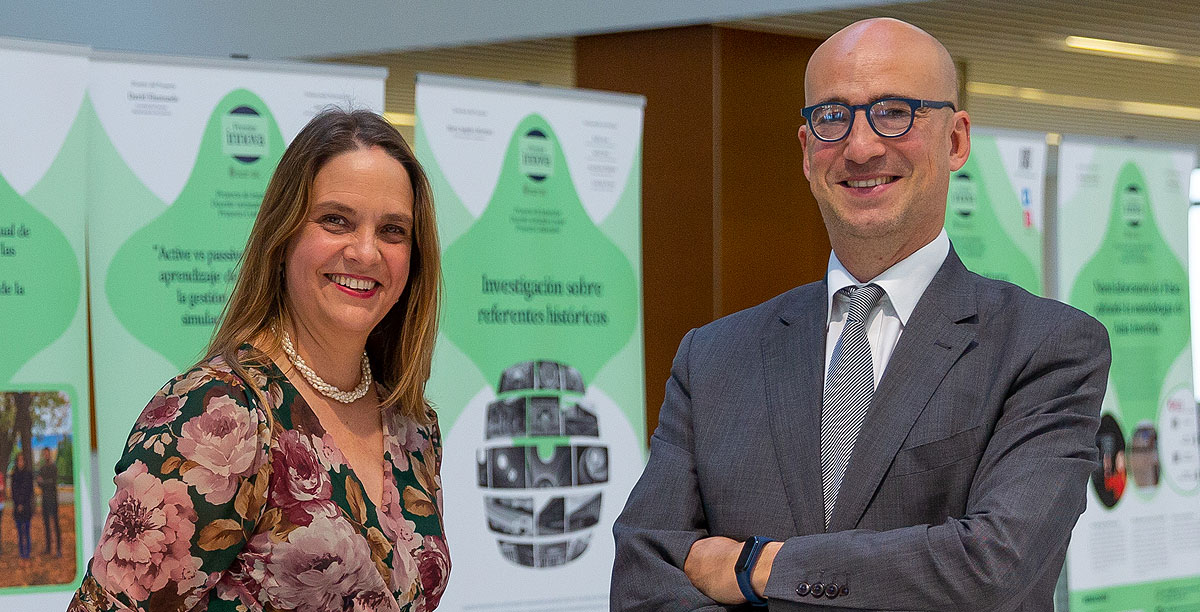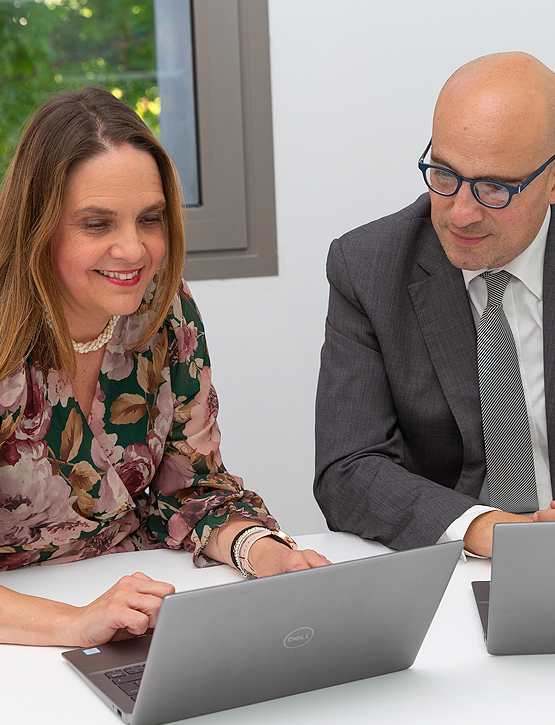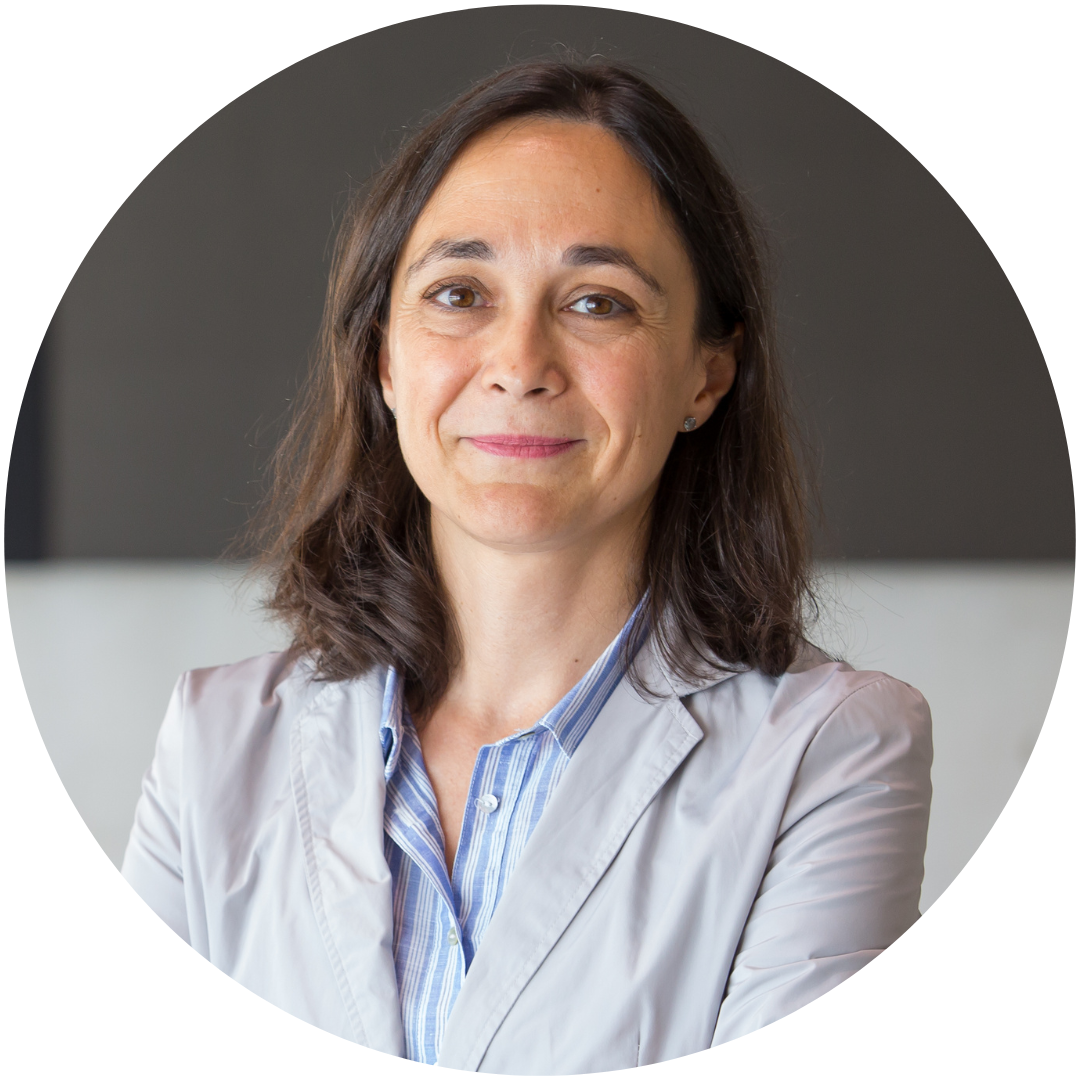In the picture
Pepa Sánchez de Miguel and Unai Zalba coordinate the project "teaching 360" within the University's Strategy 2025.
"We live in a constantly evolving world. Many work positions of the future are still to be defined, the labor market is really changing. Therefore, it is essential to set a solid instructions of the person, allowing our graduates to adapt to different roles and responsibilities. A comprehensive, complete training is more necessary than ever," explains Unai Zalba, Deputy Director of the University's Quality and Innovation service.
For the last year, Unai has been coordinating, together with Pepa Sánchez de Miguel, director of the service, the project "teaching 360". His goal is that, in addition to the professional and scientific skills specific to each area of knowledge, University students develop the qualities that make them responsible citizens, with depth of thought, a critical spirit and an international perspective; capable of understanding their work as a service to others and to society. "The project will be approached from two levels of work. In the first, each institution must define the professional identity of its degrees (profile of graduate) and the corresponding learningmodel . In the second, a model of management of the teaching must be designed to facilitate the development of this model of learning. The first level will also be developed in partnership with the high school Core Curriculum", explains Unai.
And Pepa adds: "It is about determining the set of actions, methodologies and curricular and extracurricular activities, which make the student reach the desired profile of graduate. The cornerstone of any university is the knowledge that is transmitted to students. But it is also very important to teach the skills that enable its application and a set of vital attitudes that shape the complete professional," he says. "This is what we refer to as "being", "knowing" and "doing", the three dimensions that we understand make up a good professional", adds Unai.




